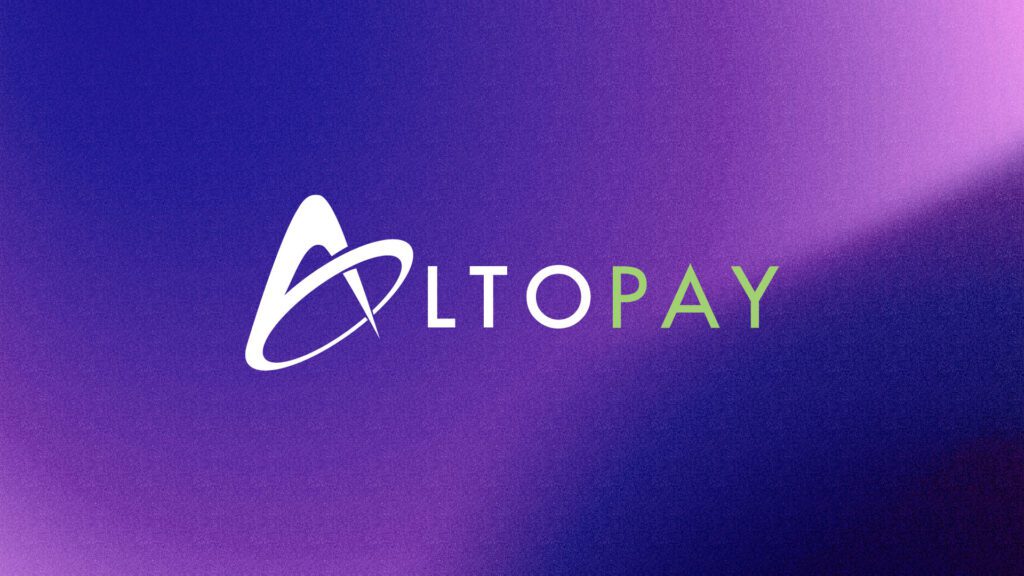INSIGHTS
Educational resources
Easy-to-understand articles, detailed guides, and answers to common questions
Blog
Educational articles explaining industry trends, terms, and trending topics.
Webinars
Live and on-demand access to industry experts.
Guides
Educational resources to guide your payments strategy.

Join our monthly newsletter!
Sign up to receive news, tips, tricks, and a bit of humor delivered directly to your inbox.























